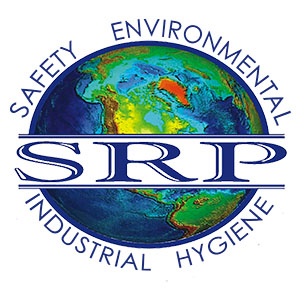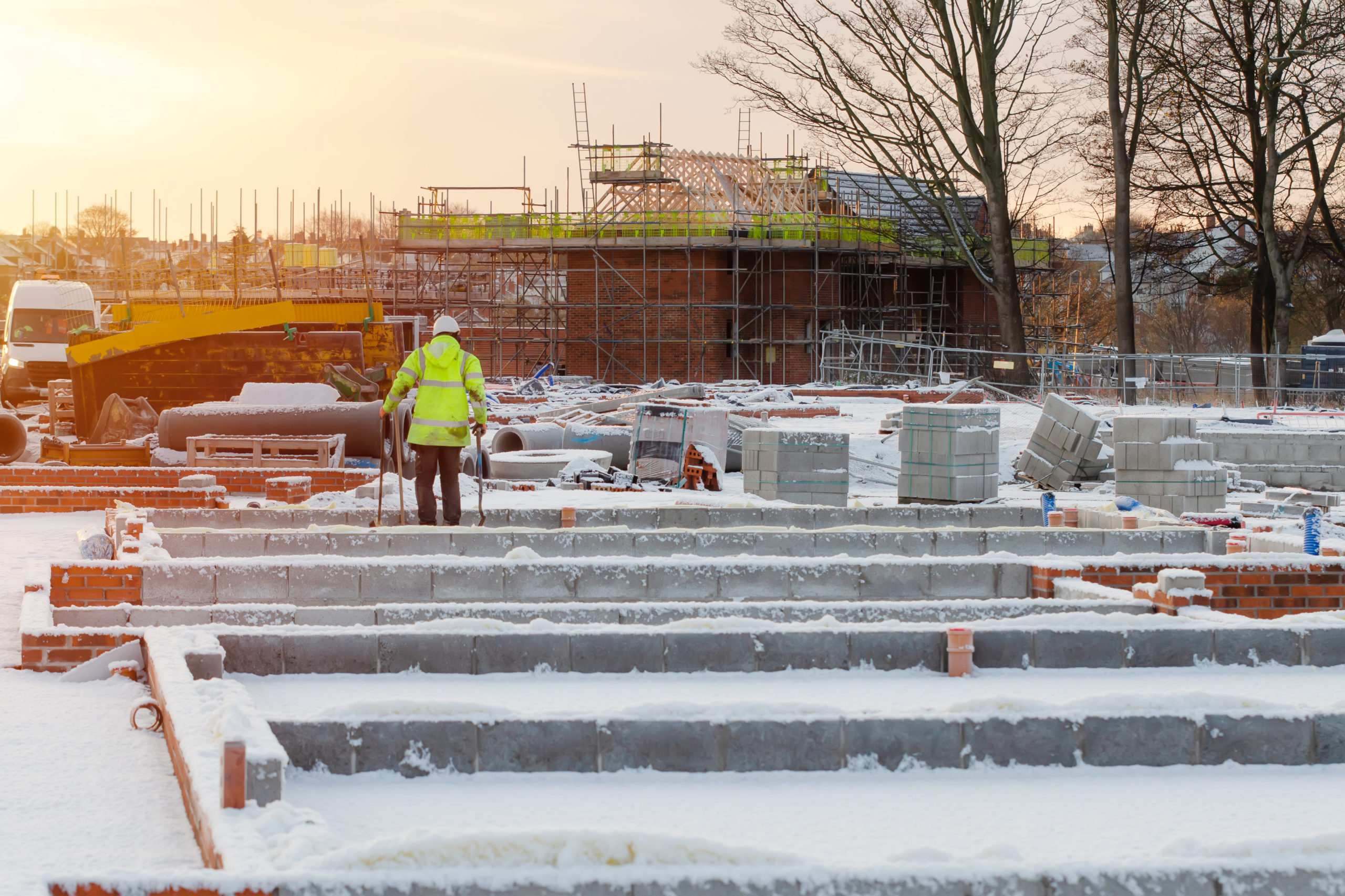Many manufacturing and heavy construction companies should already be aware of the Resource Conservation and Recovery Act (RCRA). This allows the EPA the authority to control hazardous waste across several industries. RCRA sets regulations for the generation, transportation, treatment, storage and disposal of hazardous waste. Additionally, RCRA has guidelines for non-hazardous solid waste.

The Definition of Solid Waste Rule was implemented to maintain protection in human health and the environmental from mismanagement of recycling hazardous secondary materials. Unfortunately, this rule discourages facilities from recycling, thus avoiding RCRA rules. Right now, inspectors can inquire about solid waste determinations that companies used. If facilities are not able to show proper documentation on why and how a recycled material does not meet hazwaste requirements. If inspectors find this unsatisfactory, facilities can incur RCRA fines up to $50,000 a day. Thanks to the new increase in regulatory agency fines.
Read More About EPA Increase in Violation Fines
The DSW rule was aimed to reduce high levels of RCRA noncompliance. However, industry trends indicate that many manufacturers are already taking steps and measures to maintain compliance or bring their facilities into compliance.
Here’s 3 scenarios where DSW won’t affect RCRA requirements:
- The state has already approved your facilities for recycling secondary materials. Maybe you have been doing the same procedures for years. Under the DSW, the treatment and reporting duties regarding secondary recycling will remain the same.
- Facilities will not have to amend procedures to their waste stream if recycled products abide by commodity standards or if they are produced through closed loop recycling. Closed loop recycling happens when there is an actual end product.
- There are no additional requirements under DSW if a secondary feedstock acts like a raw feedstock. DSW does not require facilities to analyze secondary feedstocks for hazardous constituents unless there are excess constituents.
Read More About 5 Things EPA Inspectors Are Looking For
If you have questions about secondary hazardous materials, contact an SRP Environmental Consultant today at (318) 222-2364. SRP has been providing turnkey environmental, health and safety services to a variety of industries for over 20 years. SPR has seven convenient locations in Charlotte, Dallas, Denver, Midland, Pittsburgh and Shreveport.

 ">
">
 ">
">